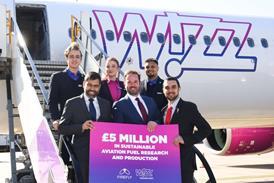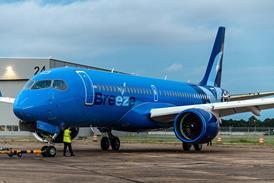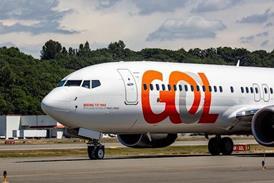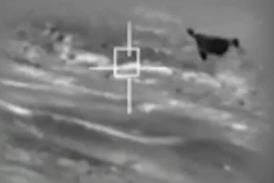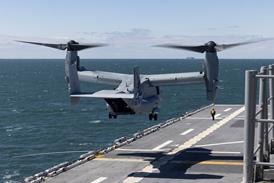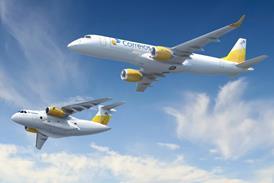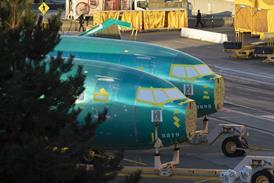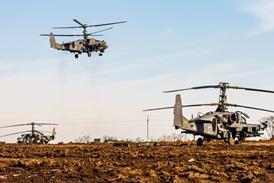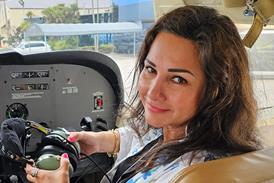Industry teams led by Lockheed Martin and BAE Systems in Australia have met the 31 March deadline to bid for the Australian Defence Force’s AIR 5428 pilot training system, which aims to replace the Royal Australian Air Force’s fleet of 63 Pilatus PC-9/As from 2018.
The successful bidder will provide the aircraft along with flight-line support, training facilities, campus accommodation and facilities, courseware, simulators and other synthetic training devices.
The ADF will provide flying training instructors, and the aircraft will be purchased by the Commonwealth and placed on the military register.
The Lockheed Martin Australia-led “Team 21” bid includes Pilatus and is offering the PC-21 advanced trainer, while partner Hawker Pacific provides simulation and maintenance, repair and overhaul services to multiple civil and military organisations in the Asia-Pacific. The Team 21 bid effectively mirrors that of the 20-year arrangement the group has with Singapore for that country’s Basic Wings Course, which is located at RAAF Pearce.
The other bid is from a BAE Systems Australia-led team, and is based around the Beechcraft T-6C. BAE will draw upon its experience operating interim basic flight training system (IBFTS) for the ADF, and its involvement in the UK’s military flying training system. BAE also provides in-service maintenance support for the RAAF’s Hawk 127 lead-in fighter trainers and the Army’s Boeing CH-47D Chinook fleet. Bid partner CAE Australia also operates multiple simulators under its Management and Support of ADF Aerospace Simulators contract.
The aircraft to be replaced are operated by the Central Flying School based at RAAF Base East Sale in Victoria, the No 2 Flying Training School at RAAF Pearce and the 4 SQN forward air controller development unit at RAAF Williamtown.
Also to be replaced is the industry-operated IBFTS at Tamworth, New South Wales, which performs flight screening and basic flying training for RAAF, Navy and Army pilot candidates on the Pacific Aerospace CT-4B.
The successful bid is expected to be selected by the end of 2014. A “second pass” contract signature is due to follow in 2015, with service entry in 2018.
Source: FlightGlobal.com

